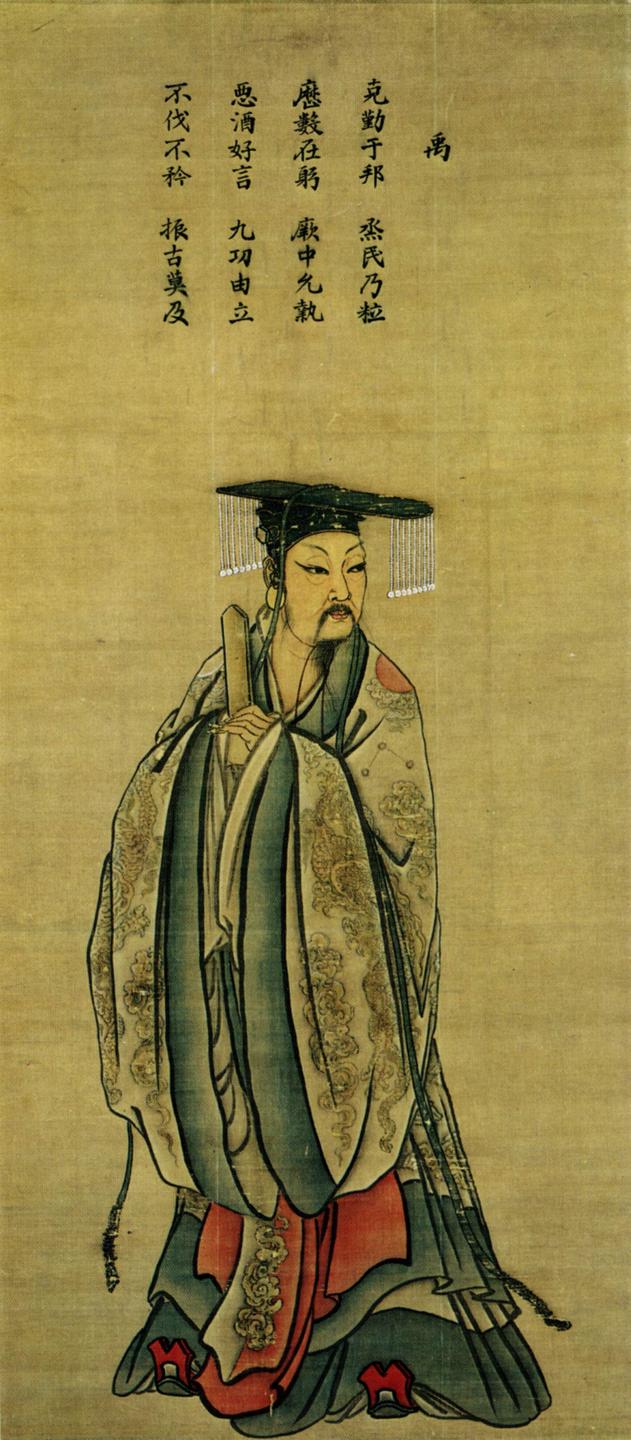

As Guangxu's nephew's nephew, and nephew to Pu Yi, China's last emperor, he would have been the oldest male in his generation. Jin Yuzhang would have been the emperor of China if the Qing dynasty had not been overthrown. These findings are more personal for one man. But 100 years later, an ordinary person like me can touch his bones. A hundred years ago, he was the supreme ruler, and ordinary people weren't even allowed to look at him. "I was wearing gloves, and I touched the emperor's bones. He says taking part in the research was a moving experience for him. "To me, the interesting thing is that this represents a kind of yearning for a history of modern China that's not just a story of revolution, that's the story of reform within the system," Esherick says.įor the Chinese Qing historian, Zhu, the symbolism is quite different. He says there has been intense interest in the findings in China, including newspaper articles questioning whether China might have become a constitutional monarchy had Guangxu not been murdered. The empress dowager asked me to give it to the emperor.' Two hours later, he heard weeping from the emperor's living quarters and shouts of 'the Emperor is dead.' "įor Esherick, the American Qing historian, the research has modern relevance. Zhu tells the story: "His great-grandfather told him he'd seen a eunuch coming out of the empress dowager's room carrying a bowl. The minister of rituals in the Qing court, Pu Liang, passed this account down orally to his great-grandson, Qi Gong, who has since died. All these people were her cronies, and it would be impossible for outsiders to come into the palace to poison the emperor."Īnecdotal evidence suggests that the poison could have been placed in a simple bowl of yogurt. "One thing is certain: The empress dowager was the mastermind. As to who administered the poison, there are five main suspects, including her favorite eunuch servant, Li Lianying.īut Zhu says only one person could have made the decision to kill. She feared if Guangxu outlived her, he would restart his reforms and undo her work. So, who was the murderer? The empress dowager had the motive. Was It The Eunuch, With The Yogurt, In The Palace? Their final conclusion was that Guangxu had died of acute arsenic poisoning. They found that the clothes covering his stomach had a higher level of arsenic than the other clothes. They also tested seven bones, and the clothes in which the emperor had been buried. They also compared strands of the emperor's hair with those of someone who had suffered chronic arsenic poisoning, in order to exclude the possibility that the emperor could have been poisoned over time by taking Chinese medicine, which has tiny amounts of arsenic. They found that Guangxu's hair had arsenic levels 261 times higher than that of his wife, Empress Longyu - who had been buried in the same tomb - and 132 times higher than that of a Qing official, so scientists were able to rule out environmental factors. The research was carried out over the past five years by his institute, the China Institute of Atomic Energy, the forensic lab of the Beijing police and China Central Television. "We took a hair measuring 10 inches, and after analysis, we found its arsenic content was 2,400 times higher than normal," says Zhu Chenru, deputy director of the National Committee for the Compilation of Qing history.

Ruling Out Environmental, Medicinal Factors

Now modern science has uncovered the truth. But even then, there were rumors of murder most foul. Imperial medical records indicated that Guangxu's death was due to natural causes. Guangxu died just 22 hours before the 74-year-old Empress Dowager Cixi. Qing historian Joseph Esherick of the University of California, San Diego describes what happened: "He had led a very vigorous program of reform 10 years earlier, in 1898, after which he had been deposed by the empress dowager and had then been held in their sort of palace arrest from that time forward." He had been the victim of a palace coup following political differences with his aunt, the Empress Dowager Cixi. He was just 38 years old at the time of his death. The victim was the second-to-last emperor of the Qing dynasty - Guangxu, a tragic figure in Chinese imperial history. But it remained a rumor or had been covered up. It was the ultimate crime: the murder of an emperor. One hundred years ago Friday, a crime was committed behind the imposing oxblood-red walls of Beijing's Forbidden City. He says the mystery of his ancestor's death has now been solved.

Jin Yuzhang would have been China's emperor if the Qing dynasty had survived.


 0 kommentar(er)
0 kommentar(er)
